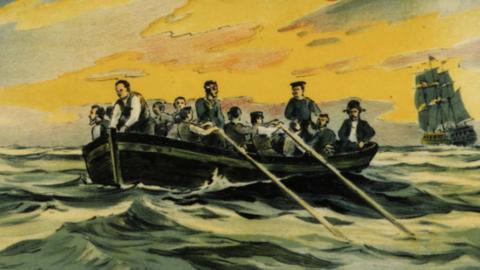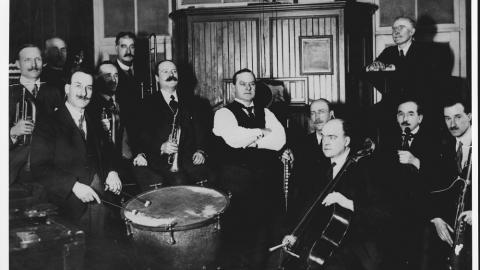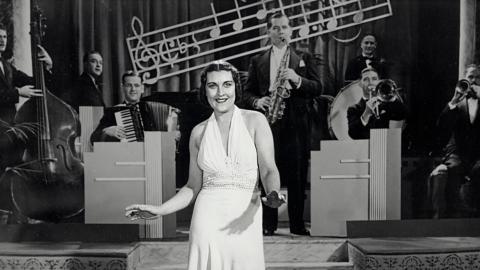
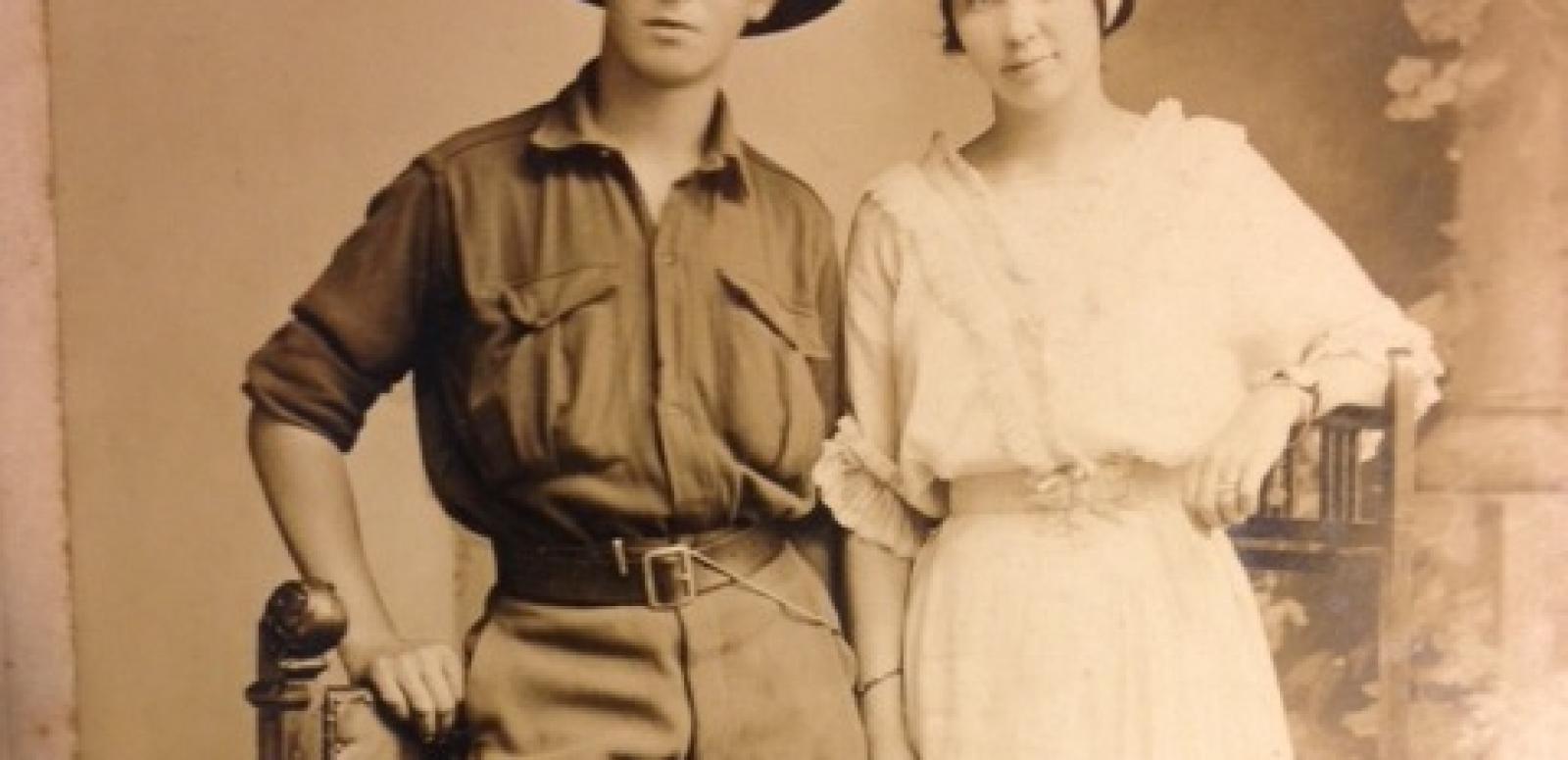
Female musicians forge careers during WW1
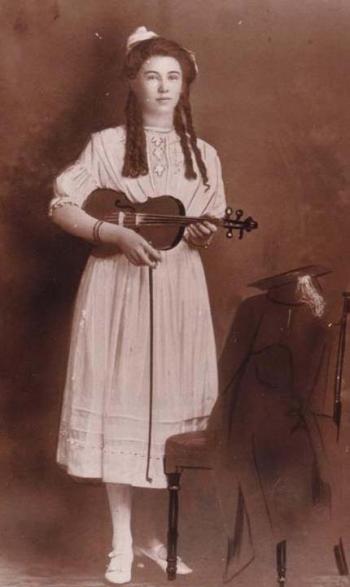
During the First World War music played a vital role for those at home. Popular songs of the day offered an important patriotic link between Australian and British families, promoting a feeling that the countries were united in their opposition to the enemy. Family and community sing-a-longs with songs such as ‘Keep the Home Fires Burning’ and ‘Roses of Picardy’ helped civilians bear the uncertainty of knowing that their brothers, fathers and sons were facing terrible danger. What is less commonly known about the domestic front during the Great War is that a class of talented and dedicated women musicians forged careers in a way that would not have been possible during peace time.
Edna Mary Bridget Leer (b. Darlinghurst 1893 – d. Kogarah 1967) was one of these young, bright stars who lived in Sydney throughout the First World War. The NFSA has recently received the donation of a large collection of sheet music and musical journals belonging to Edna.
The recollections of her daughter and granddaughter have helped us uncover the intriguing story of this young woman and provided the context for how this music was performed. It is rare for a cultural institution to receive the donation of a comprehensive collection of sheet music which documents the career of an owner who was historically significant.
Investigation of digitised newspapers of the era has revealed detailed evidence of Edna’s musical performances and corroborates family stories about her career. Twice Edna had booked to travel to London to further her musical career but her mother’s ill-health and the onset of war meant that this was not to be. After obtaining her degree in Violin from the London College of Music examiners she then studied piano, mandolin, banjo and singing. Later she gave lessons in five or six instruments and formed her own ensemble, and purportedly she was a principal violinist in the first iteration of the Sydney Symphony Orchestra between 1912 and 1918.
Edna’s granddaughter, now based in Canberra and the donor of the collection, recalled her grandmother’s life:
'During and after the war Edna used her musical skills to raise money for charities and of course regularly entertained the troops. She was known as ‘Miss Ragtime’ – she did not reveal her real name otherwise she would have lost her teaching position at the conservatorium. After the war she supported her husband who ran a bakery and tea rooms in Rockdale, Sydney. She continued to give private lessons and performed at many concerts and functions'.
'The soldier in the photograph [at right] is my great uncle Stanley who arrived from England three days before his brother (my grandfather) married Edna. My grandfather left with the 1st Division three days later on 19 October 1914.
My great uncle enlisted (although underage) in February 1915. He survived Gallipoli but sadly was killed July 1916 at Pozières, France, three months after his 18th birthday.
Although Edna had only known him for four or five months (as he lived with her family) they became very close friends and she was devastated by his loss. I suspect having two members in her immediate family away at war was the reason why, when she wasn’t teaching and playing in the orchestra, she was so devoted during the war years to raising money to support nurses and other charities. My mother tells me that Edna went in every day to Martin Place to play, sometimes standing next to a wounded soldier to raise funds. She often had someone singing with her, or she sang and played alone'.
Through the donation of this music collection we are building an understanding of how Australian women musicians lived during the Great War. Edna Leer is a standard bearer for a whole generation of professional female performers who are being rescued from obscurity.
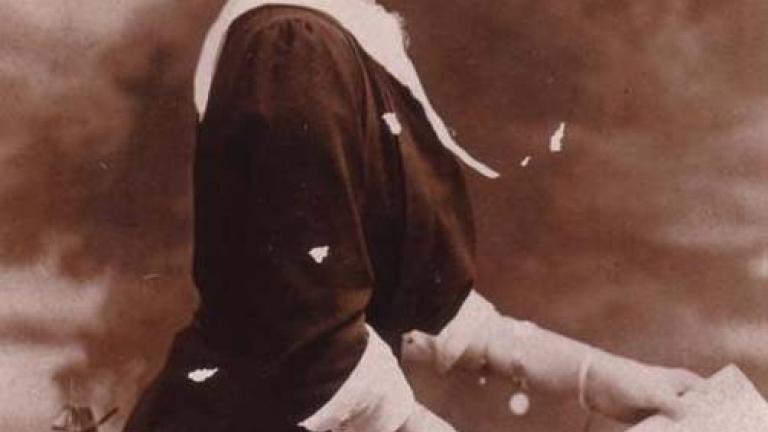
Edna Leer, 1912. Click images to expand.
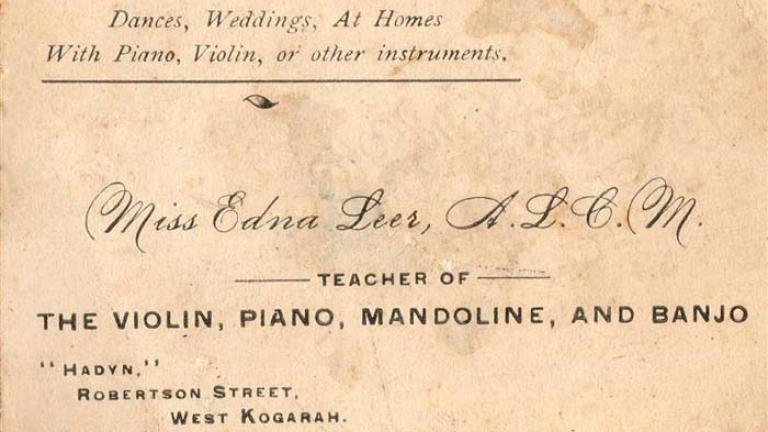
Edna Leer business card.
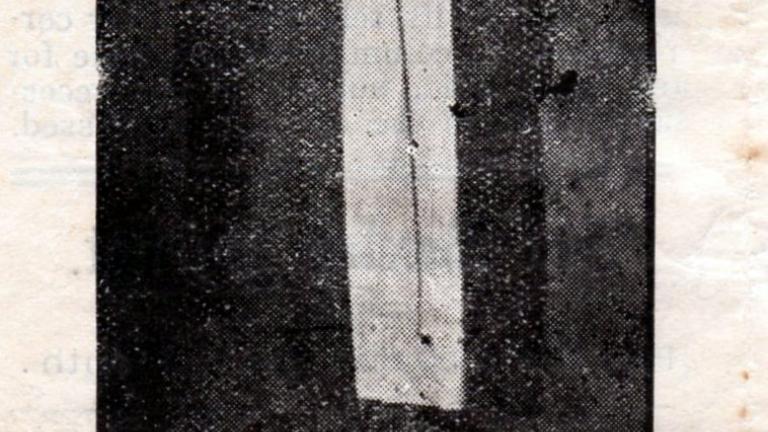
Edna Leer advertising flyer from 'The Bexley Hornet' newspaper, July 1913.
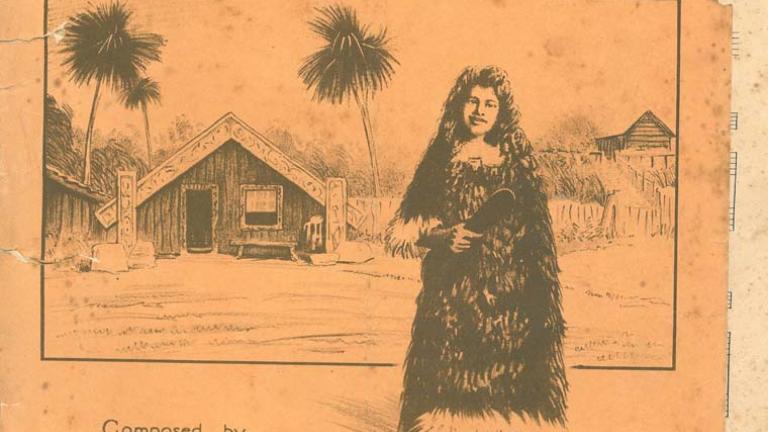
'A Maori Love Song' by Australian composer Alfred Hill, arranged from 'Home, Little Maori, Home'. Sheet music formerly owned by Edna Leer.
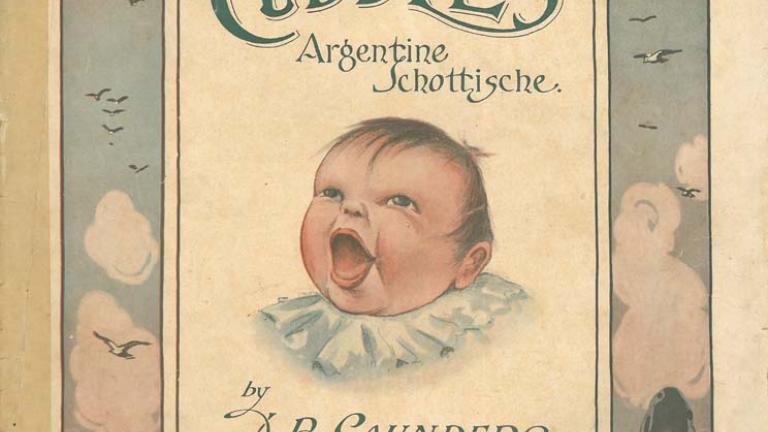
'Cuddles' sheet music, formerly owned by Edna Leer.
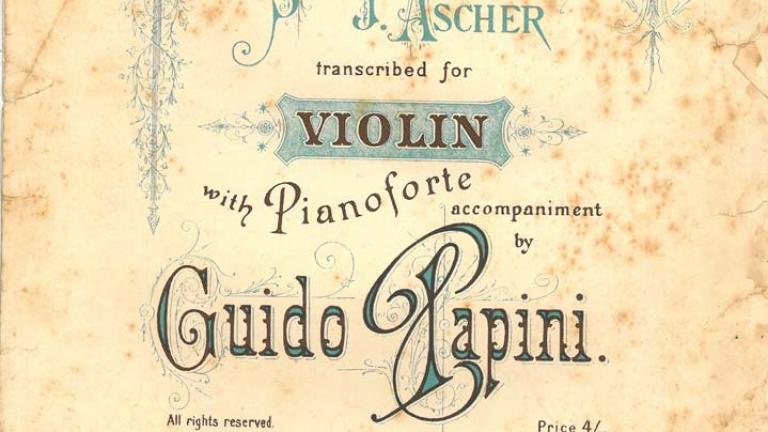
'Alive, where art thou?' sheet music, with Edna Leer's name and address written in top-right corner.
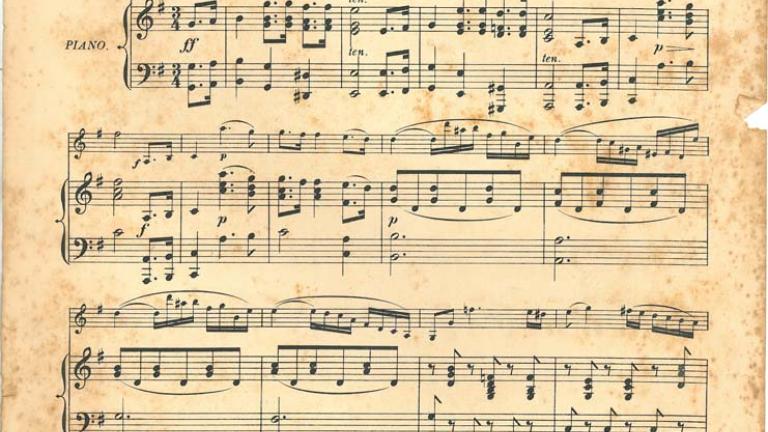
'The Last Rose of Summer' sheet music, with Edna Leer's name and address written in top-right corner.
'A Young Sydney Violinist'. Source: Trove
Edna Leer images, documents and sheet music.
The NFSA is keen to hear from anyone who might have similar stories about women musicians during the First World War. Please contact Jenny.Gall@nfsa.gov.au with your information.
The National Film and Sound Archive of Australia acknowledges Australia’s Aboriginal and Torres Strait Islander peoples as the Traditional Custodians of the land on which we work and live and gives respect to their Elders both past and present.
